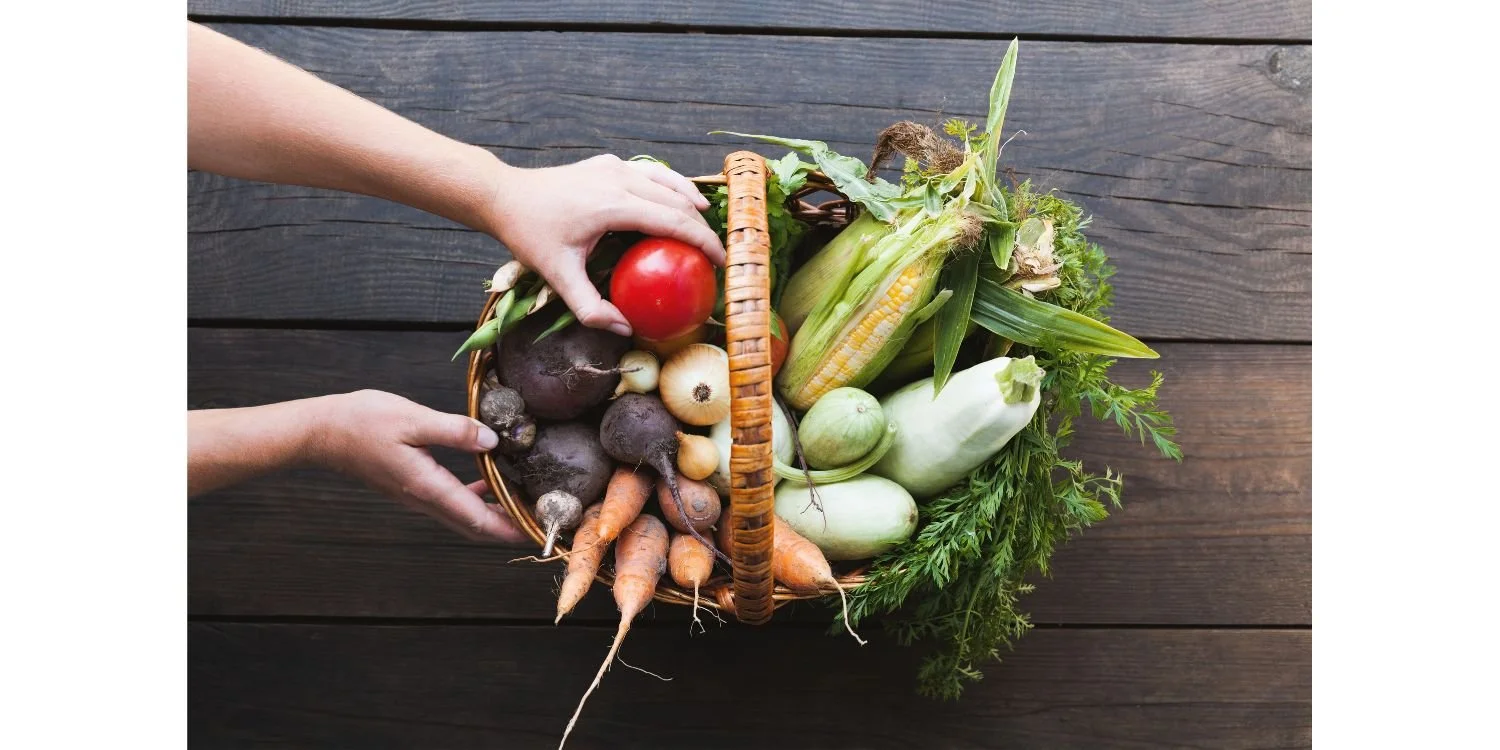2. Eat more fish
Fish is a rich source of omega 3 fatty acids which protect the heart in a number of ways such as anti-inflammatory and anti-blood clotting actions, lowering cholesterol and triglyceride levels, and reducing blood pressure.
Aim to eat 2 portions of fish per week – oily fish such as salmon, trout, mackerel and sardines have the highest omega 3 content so it is recommended for these to count for 1 of the 2 portions each week.
If you don’t eat fish, you may wish to consider an omega 3 supplement which provides 250mg DHA and include other sources of omega 3 in the diet such as walnuts, rapeseed oil, flaxseed and chia seeds.
3. Swap saturated fats for unsaturated fats
Fats are an essential part of the diet but there are different types of fat which affect heart health. Too much saturated fats can raise LDL (“bad”) cholesterol so it’s best to reduce your intake. Sources of saturated fats include:
Try swap these sources of saturated fats for unsaturated fats, such as:
Olive oil
Rapeseed oil
Nuts and seeds
Avocado
Oily fish
4. Move more
Exercise has so many benefits for heart health during menopause, such as lowering cholesterol levels, reducing blood pressure and making the heart pump blood more efficiently around the body.
Try to get 150 minutes of moderate intensity aerobic activity in per week. Moderate intensity exercise means that you need to be increasing your heart rate and slightly panting when you’re moving – a leisurely walk with the dog won’t cut it! Examples include of moderate aerobic activity include:
brisk walking
water aerobics
riding a bike
dancing
doubles tennis
pushing a lawn mower
hiking
rollerblading
5. Avoid smoking and limit alcohol
Too much salt in the diet can raise blood pressure and increase the risk of having a heart attack and stroke. The majority of salt actually comes from processed foods such as ready meals, takeaways, crisps and pre-made sauces and soups. Try cook from fresh where possible – this allows you to control the amount of salt that’s in your food. There are other ways of adding flavour to food without the use of salt, such as:
October is Menopause Awareness Month, with World Menopause Day on Wednesday 18th October – find out more here!
Read more about our women’s health services here.
Written by: Hollie Corrigan, CORU Registered Dietitian with Spectrum Nutrition

















